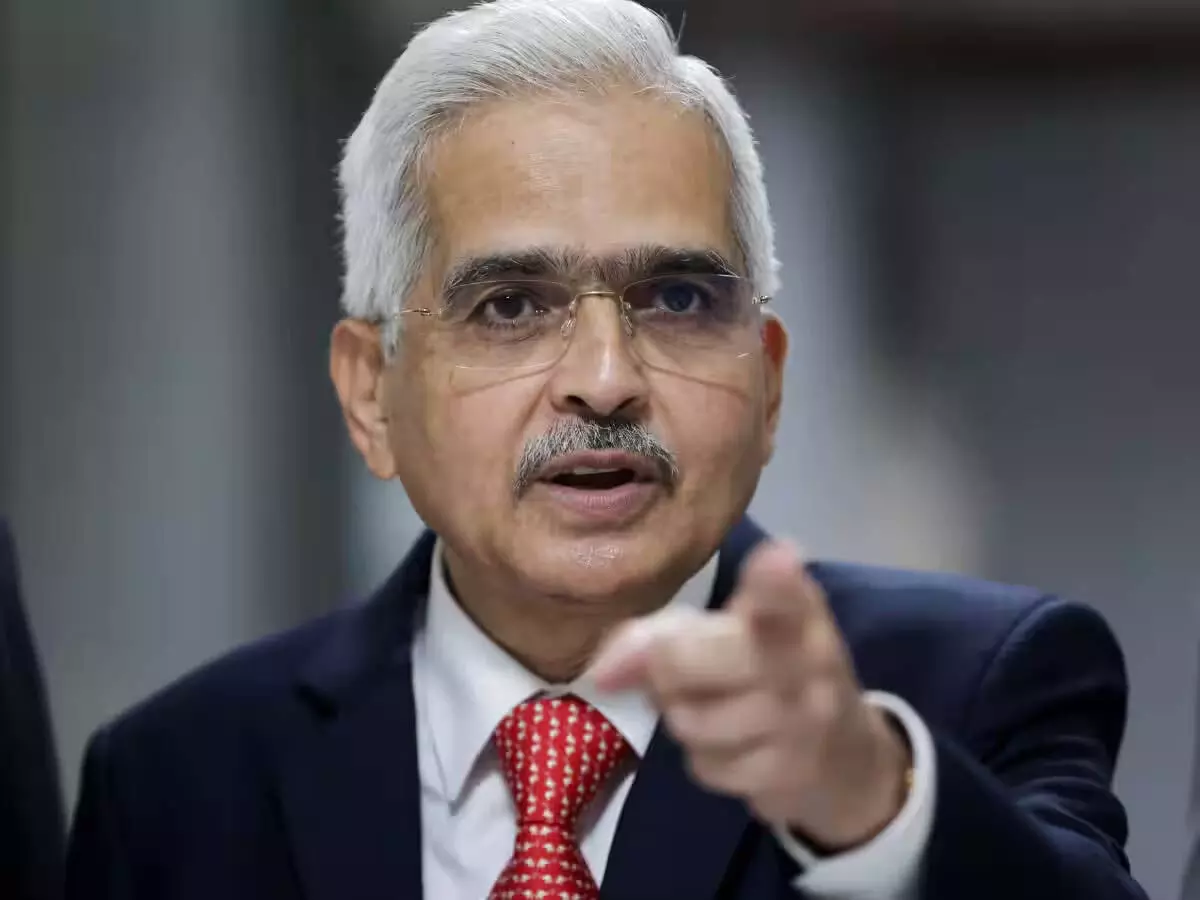RBI: RBI: The Reserve Bank has no plans to allow corporate houses to promote banks at this time, Governor Shaktikanta Das said on Friday. Speaking at an event organised by the Financial Express here, Das said allowing corporate houses to promote banks creates the risk of conflict of interest and related party transactions. “At the moment, you cannot think in that direction,” Das said, responding to a specific question on whether allowing business houses was being considered. RBI: No plans to allow corporate houses to promote banks The RBI had disqualified a long list of groups from being offered the lender in the latest round of the licensing process nearly a decade ago. The issue resurfaced in 2020 with the support of a Reserve Bank of India (RBI) working group, looking at the potential for raising capital to help meet the country’s growth aspirations.
Underlining that banks are different from other businesses, he said experience around the world has shown that there could be potential conflict of interest and issues relating to related party transactions if business houses are allowed. Banking conflicts in India also involved business houses, Das said, referring to the era before bank nationalisation in the late 1960s. “Experience around the world has shown that it would be very difficult to monitor or regulate and prevent transactions between related parties. The risks are very high in this,” Das said. He said while the economy needs resources to grow, we do not need more banks to achieve aspirations. “India does not need an increase in the number of banks but it needs strong banks, healthy banks, well-governed banks, which we believe will be able to mobilise savings and meet credit requirements across the country through technology,” he said.
Das said licensing of universal banks has been done immediately and applications are welcome. The private debt sector is growing rapidly and is today emerging as an attractive investment opportunity for those with higher risk appetite, Das said, adding that the RBI is monitoring developments there. “While risks appear to be contained at this point in time, it is important to note that vulnerabilities and interconnectedness in these markets can amplify negative shocks and raise financial stability concerns,” he added.
